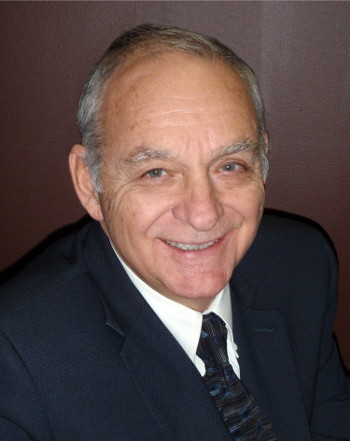
Robert Shiller receiving the Prize in Economic Sciences in Memory of Alfred Nobel
We cannot improve on the excellent investment definitions that are available on the Internet from Investopedia and from Wikipedia.
Keep in mind that Investopedia constantly encourages followers to trade securities. It is funded by organizations which benefit from investors trading. Trading is a loser’s game. Wikipedia is funded by voluntary contributions and is objective. (We contribute each year.)
We can, however, relate how various investment ideas connect to the Monday Morning Millionaire Program philosophy.
There is a lot of talk about the cyclically adjusted price-to-earnings (CAPE) these days. Developed in 1988 by the economist Robert Shiller, it has been used to assess the likely future returns of securities. Shiller won the Prize in Economic Sciences in Memory of Alfred Nobel for this work.
The CAPE measures the long-term, inflation-adjusted price-earnings (P/E) ratio of the S&P 500 index against inflation-adjusted earnings for the past 10 years.
The higher the CAPE, the greater the prospects of a market correction. Since 1880, it has had an average value of 17.1, ranging from 4.8 to 44.2.
In November of this year, it reached 33.1. It has only been above 30 in the 1920s and in early 2000, so yes, it is exceptionally high.
Like all complex ideas, the CAPE has been debated endlessly by experts. It is a subject worthy of a Ph.D. thesis. But what does the current high level mean for Monday Morning Program members?
We can ignore it. Why?
If the prediction is accurate and the market drops, Monday Morning Members will see it as an opportunity to buy bargains. That is possible by having an asset allocation with a large percentage in cash or near-cash and by not committing to the market, the money which we will need in the next several years.
In our posts, we have frequently stated: “With the Habits of Monday Morning Millionaires, luck hardly matters. Good luck!”
We have designed the Monday Morning Millionaire Program to offer abstracted investment education. Over the last two decades, the program has outperformed over 90% of portfolios, including professionally managed ones.
The program does not provide any investment advice or endorsements.
Members can read our posts in less than five minutes. Following and studying the links embedded in these posts would take longer. How members manage a post depends on their level of interest and investing knowledge.
https://www.wikipedia.org/

